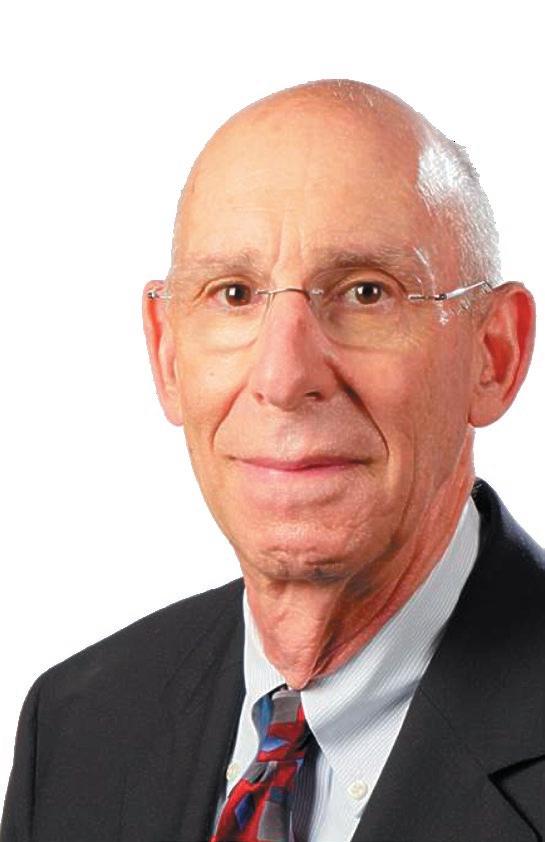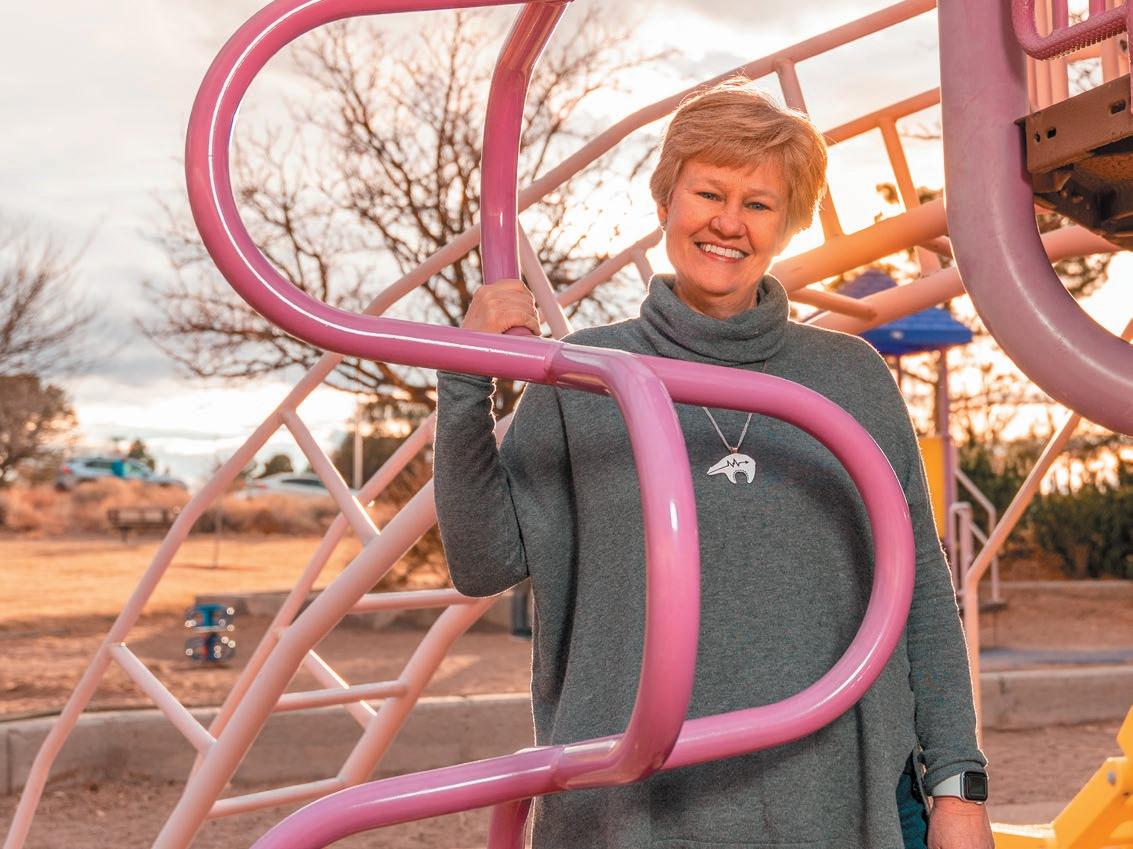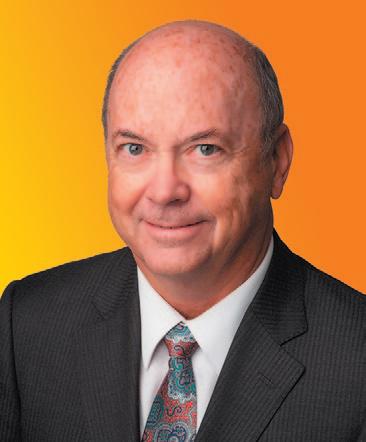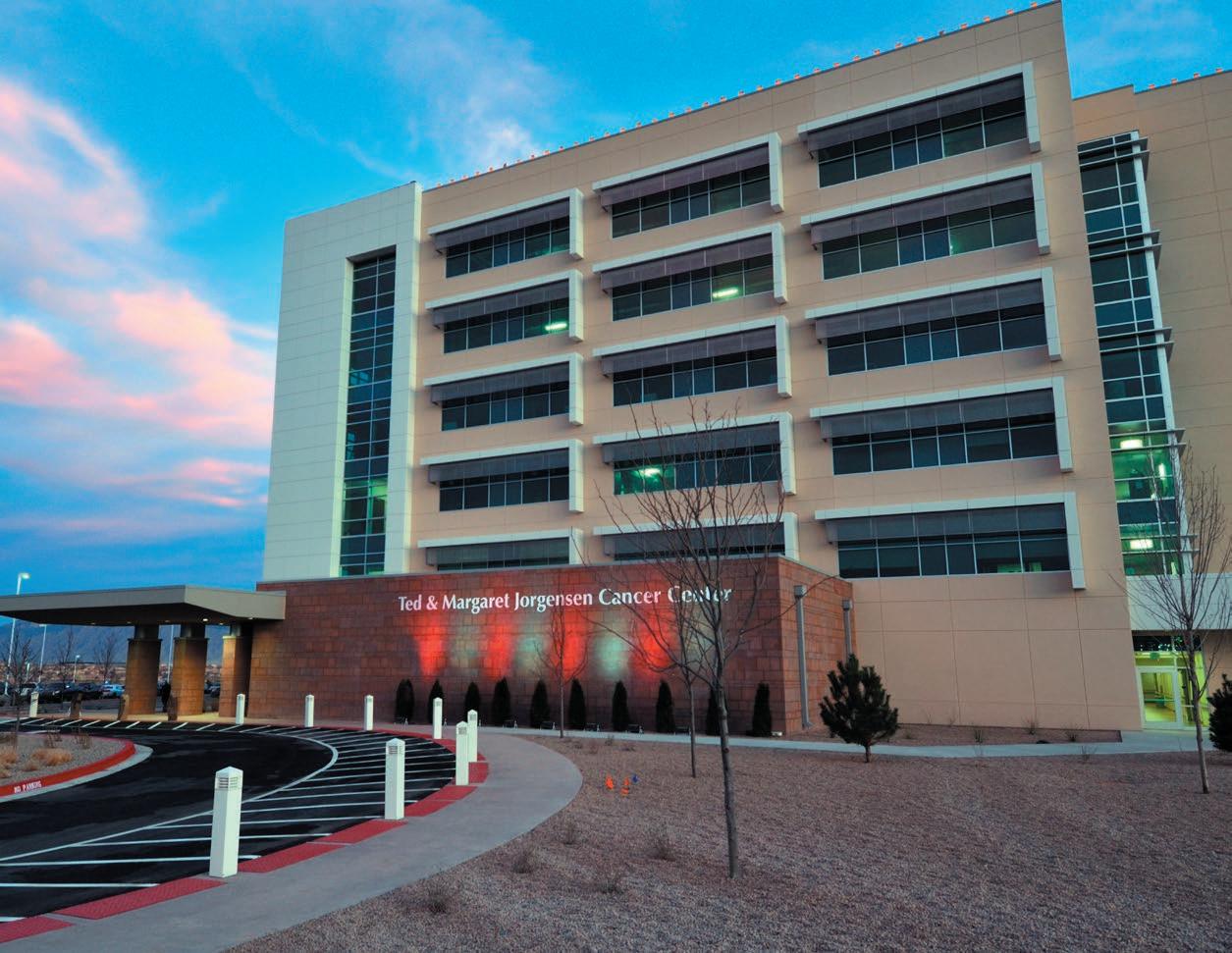
6 minute read
Caring for the Caregivers

THE POWER OF UNRESTRICTED FUNDS
Advertisement













caring for the CAREGIVERS
Burnout among health professionals has become a national crisis. With approximately 50% of caregivers reporting some degree of burnout even before the pandemic, Presbyterian Healthcare Services (PHS) and Presbyterian Healthcare Foundation (PHF) have made caregiver well-being a top priority.
















Through its allocations process, PHF awards unrestricted donor funds to programs that address areas of greatest need. This year, the PHF board of directors approved an additional investment of nearly $280,000 to expand support for the well-being of physicians, advanced practice clinicians (APCs) and nurses. While some of the funding is directed at new programs, other monies will go toward the expansion of existing programs that have demonstrated their ability to help caregivers care for themselves in order to better meet the needs of their patients.

“The impact of all these programs has already been enormous and none of it would be possible without the support of the Foundation. We have really been able to build this amazing portfolio of programs that we are continuing to grow. We are looking to be best in class and best in nation for provider and nurse wellbeing,” says Jill Slominski, MD, Medical Director, Clinical Experience, PHS.

Here are just some of the ways unrestricted funds are helping Presbyterian care for its caregivers.
Inspiration for Nurses
Funds raised at last year’s virtual Laughter is the Best Medicine event will support tools and resources that provide nurses, physicians and APCs with opportunities to reduce stress, relax, rejuvenate and rediscover joy in medicine. The August event raised more than $450,000 to support Presbyterian Healthcare Foundation’s Heroes Campaign. The Everyday Courage video series for nurses is one of the first programs to receive funding. These short videos are designed to inspire and motivate clinical teams by focusing on courage, perseverance, resilience and hope to help them navigate the challenges of working on the front lines of healthcare. The videos can be viewed individually at home, on Zoom calls or in team huddles.
If you would like to support Presbyterian Healthcare Foundation’s efforts on behalf of caregivers, please visit www.phs.org/give.
Combating physician burnout
Presbyterian’s Provider Wellbeing and Burnout ECHO (Extension for Community Healthcare Outcomes) program offers a curriculum of weekly clinics targeted at decreasing burnout among providers and APCs. Used all over the world, the Project ECHO teleconferencing format engages participants in conversation and creates a safe community to share their own personal experiences related to burnout and provider wellness. Since its launch at Presbyterian in July 2020, 77 unique providers from around the state have participated. Participants report meaningful outcomes including a significantly increased sense of community, better ability to identify and address burnout, decrease in emotional exhaustion, increased job satisfaction and a strengthened commitment to Presbyterian.
The program was initially created with the help of a generous gift from Scottie Pierce, PhD, whose Joy in Medicine Fund serves as a catalyst for developing elements that support a formal focus on joy in medicine, personal wellness and enrichment, education and professional mentoring for Presbyterian physicians. The Foundation’s latest allocation expands the Provider Workforce Well-Being and Burnout ECHO Clinic by offering additional sessions and supports a new pilot program for non-clinical staff. “There is a direct correlation between the health of the workforce and the health of patients,” says Scottie. “ECHO gives that idea legitimacy and creates a free and safe environment where physicians' experiences and feelings are given credence as they feel supported by their peers."

Scottie Pierce, PhD
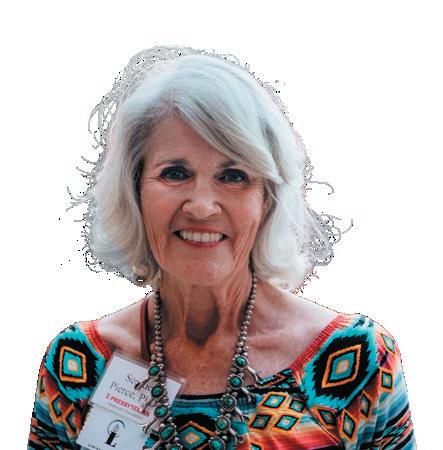
ECHO has helped me to feel more organized and empowered to take on something new and make a change. I’m so grateful to have connected with the network. It is one of the only rejuvenating things that gets me through my long days and provides me with the social interaction I’ve been missing for three years.”
– ECHO Burnout program participant
More listening. More asking questions. More mindfulness. Many physicians, APCs, nurses and ancillary staff are using new skills they’ve learned during a groundbreaking program called RELATIONS, a clinician-led training that improves patient and employee satisfaction through better communication skills. Research shows that effective communication between patients and caregivers is one of the strongest predictors of quality care and a positive patient experience, as well as having a positive impact on providers and staffs. “It really teaches us how to communicate in a way that connects us as humans. That helps our patients and helps us with our own resiliency because we get more satisfaction from the work we do,” says Dr. Slominski.
First launched with PHF support in 2019, nearly 500 physicians/APCs and 242 nurses and ancillary staff have received RELATIONS training and newly hired physicians are automatically enrolled when they join the organization. Thanks to a generous 2021 Foundation allocation, the program will be expanded to offer “Train-the-Trainer” curriculum and high-impact videos to keep the skills front of mind and broaden the program’s reach.
I appreciated learning new skills, as well as the ability to reflect on my communication strengths and weaknesses.”
– RELATIONS program participant Jill Slominski, MD
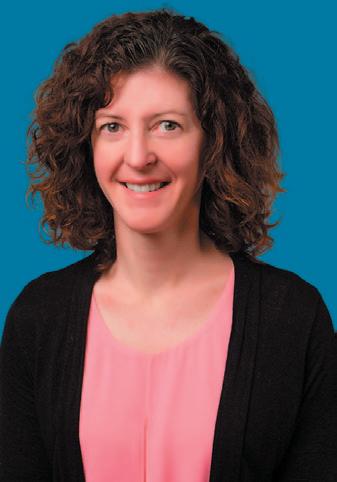
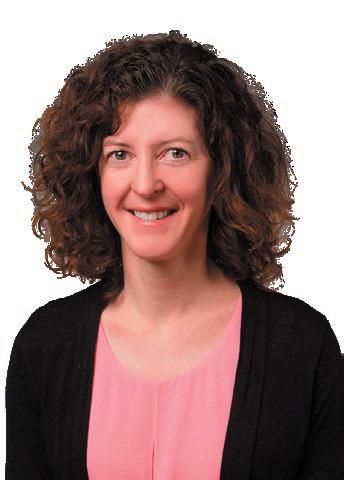
Transformation and renewal for nurses
Modeled after an approach developed by OneTeam Leadership, a new pilot program led by Dr. Slominski addresses clinician burnout by focusing on intensive personal growth and enrichment. The multi-day, immersive off-site retreat for small groups is a highly interactive, experiential approach devoted entirely to personal connections, selfreflection and creating a more joyful life. Approximately 20 ICU and COVID-unit nurses will be the first invited to attend, acknowledging the enormous burden they have shouldered during the pandemic.
“If we want to change the trajectory of caregiver burnout, we must support the wellbeing of our clinicians in innovative ways,” says Dr. Slominski. “This pilot program will help bend the burnout curve and put us in the company of elite institutions across the country who are also committed to combating this healthcare crisis.”

